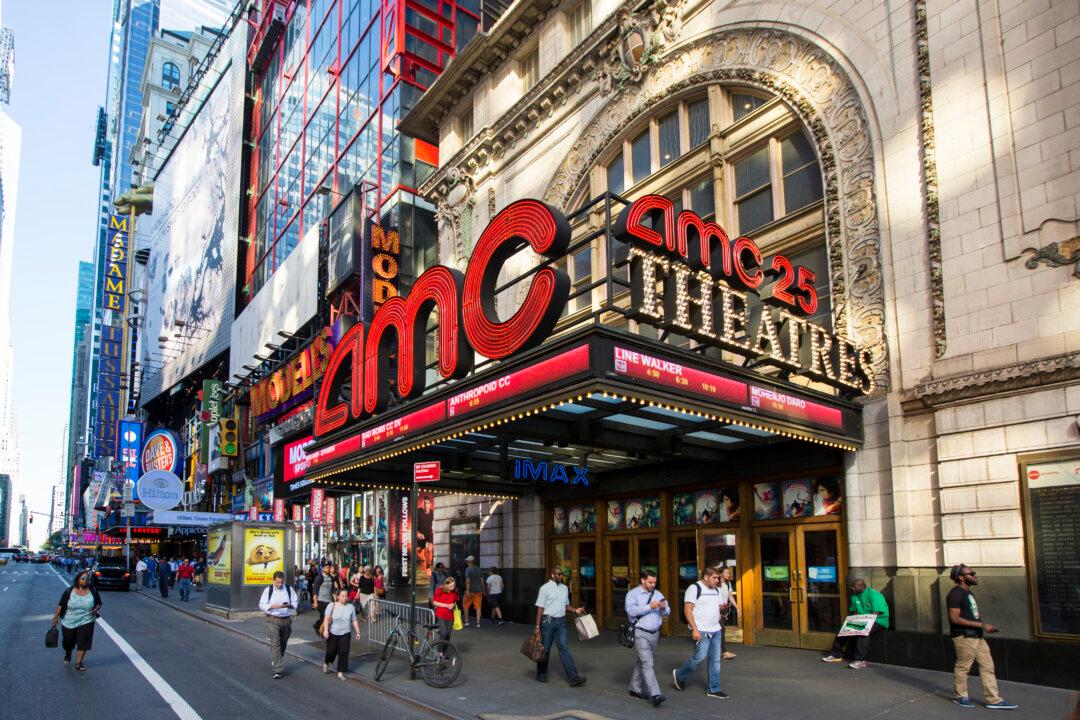Commentary
China is more involved in your life than you might think. Sure, who doesn’t like fried rice? Who doesn’t own a product “Made in China?” However, the kind of involvement I am talking about runs deeper than that.

China is more involved in your life than you might think. Sure, who doesn’t like fried rice? Who doesn’t own a product “Made in China?” However, the kind of involvement I am talking about runs deeper than that.